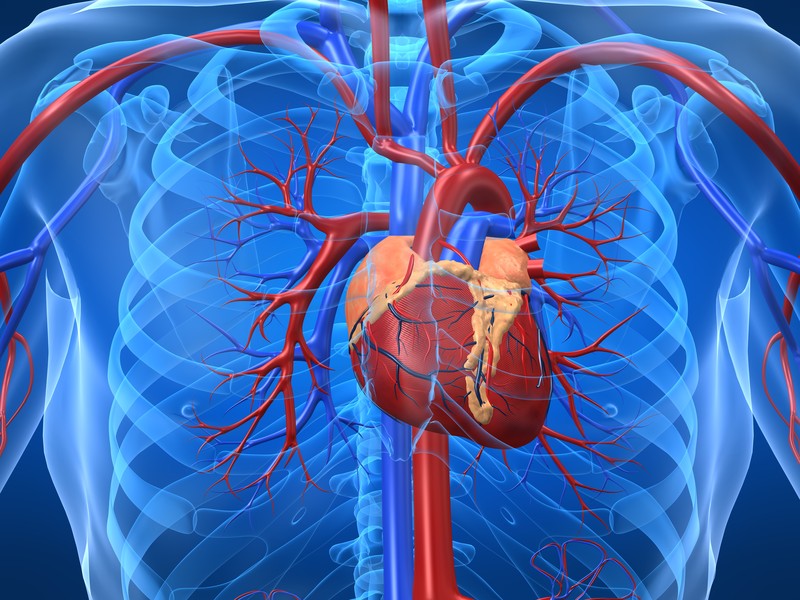Heart conditions is a broad term used to refer to a number health issues including:
- high blood pressure
- Cardio vascular disease
- Angina
- survivors of heart attacks
- heart valve disease (e.g. leaky valve) etc
Although heart conditions are generally on the decrease in Australia, they are still prevalent, especially among aged athletes. As such, it is important to know how heart conditions impact the choice of sport available to the person who has one, especially since exercise is a useful form of treatment for the underlying causes of most heart conditions.
Adult and aged athletes with heart conditions can still adapt to exercise, including improvements in heart and circulatory health. But, before beginning any sport or exercise an adult or aged athlete with a heart condition should get medical clearance first. If a heart condition is already known, the athlete may also be asked to complete a stress test to check that it is safe to participate in sport and what intensities are safe to be performing at. The following recommendations for adult and aged athletes with heart conditions are amended from the American College of Sports medicine [1]:
- Contact a GP for approval
- Include a proper 5-7 minute warm-up and cool-down .
- Never exercise to the point of chest pain or angina.
- Exercise with a friend in case of emergency.
- Exercise should be stopped immediately if dizziness, nausea, unusual shortness of breath or irregular heart beats occur during or immediately after exercise. A GP should be contacted immediately, although you may simply need to slow down a bit.
- Do not exercise outdoors when it is too cold, hot, or humid, as this weather may increase the likelihood of complications with the condition.
- Exercise 5 times a week for 30+ min at a moderate intensity (brisk walk)
- light weight resistance training (NO isometric or less than 10 RM)
Sports participation options for adult and aged athletes with heart conditions
Adult and aged athletes with heart conditions cannot participate in sports that require a high intensity. Instead they are advised to participate in sports and physical activities that can be done using low intensities such as:
- golf
- cycling
- tennis
- dancing
- brisk walks
- aerobics etc [2]
These sports and physical activities will be beneficial for the adult and aged athlete with a heart condition and provide opportunity to develop relationships, improve mental health and independence.
[1] Michael Shipe, M.S., RCEP (2012) Exercising with Coronary Heart Disease. Accessed at https://www.acsm.org/public-information/articles/2012/01/19/exercising-with-coronary-heart-disease on 17 December 2015.
[2] The Department of Health and Ageing and the Department of Veterans’ Affairs. Choose Health: Be Active: A physical activity guide for older Australians. Accessed at http://www6.health.gov.au/internet/main/publishing.nsf/Content/3244D38BBBEBD284CA257BF0001FA1A7/$File/choosehealth-brochure.pdf on 17 December 2015.

